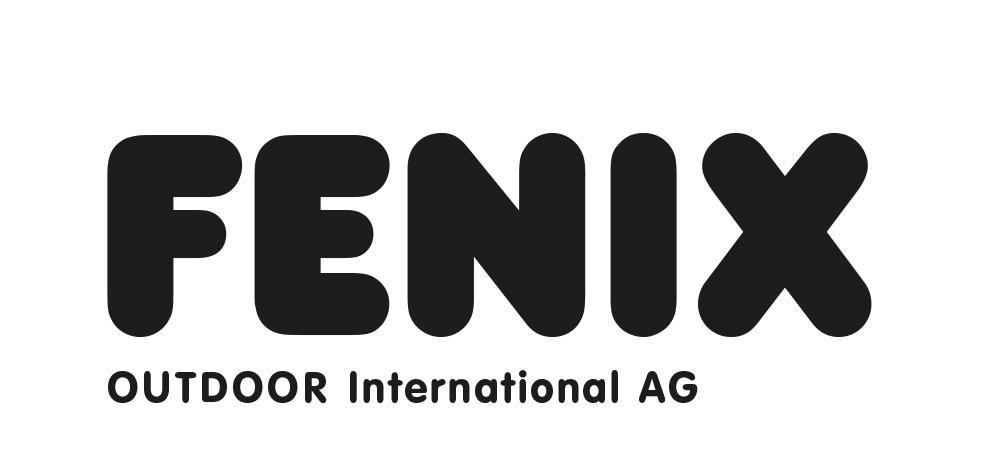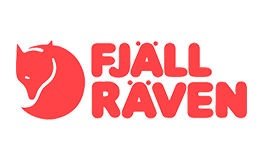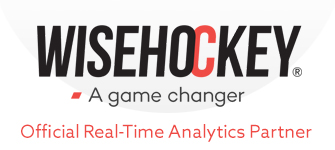Frölunda’s constant gardeners

About seven years ago, Mats Grauers, then newly-elected chairman of the Frölunda Indians, had to secure a loan of SEK 20 million from the City of Gothenburg to solve the hockey club’s cashflow problems. The team that had won the Swedish title five years earlier had taken a nosedive, and as always, turning things around took time.
Between 2010 and 2013, Frölunda accumulated losses totalling almost seven million euros, and on the ice, things weren’t much better. They missed the playoffs once and were ousted in the first round twice.
In 2016, Frölunda won the Swedish championship and the Champions Hockey League title and repeated the CHL feat in 2017. The secret? Building the team from ground up with a clear vision … and patience.
Two busloads of European hockey executives attending the EHC Business Forum also paid a visit at the Frölunda campus, to see how the Gothenburg club not only survived, but is now thriving, and is arguably the European team others try to emulate.
“We realized that we didn’t have a defined vision and values to support it. We didn’t know what our fundamental values were,” said CEO Christian Lechtaler, a Gothenburg native and a former Frölunda player.
“It took two years for us to define the values. It takes patience, and it requires a commitment from everyone in the organization.”
Today, Frölunda has a fully established academy with its own professional scouting organization that churns out top-quality players year in, year out. Except, that it doesn’t “churn out” players. The Frölunda academy is fully focused on developing players, helping them grow, and to find their fullest potential.
“We have three big-picture goals which are to recruit players, keep as many as possible in the sport for as long as possible and make hockey a life-long interest for them,” said Daniel Eriksson, Director of Youth Development Program.
These days, the academy – which includes junior players from 16 and up – has a clear way of working, that runs through all teams, and even extends to younger teams so that academy will help coaches find and develop drills that develop players the Frölunda way.
“There are three things we always stress: puck possession, attacking, and always pressuring,” said Tobias Johansson, Director of Player Development at the academy.
And once a player makes the academy, it’s all about development and nurturing.
“We do want them to fail at practice because we went them to truly challenge themselves. That’s why we have a 50/50 rule at practices, which means that about half of the things the players do should be something that they’re struggling with,” Johansson said.
“Struggling is good. We want them to be comfortable with being uncomfortable," he added.
The graduates of the Frölunda academy are doing well. In 2016, more than half of the SHL championship teams had come up through the system, and this season, 19 NHLers have come through Frölunda; 76 players have been drafted to the NHL from the club.
And once the players enter the SHL team’s dressing room, they get groomed by the main gardener of them all, head coach Roger Rönnberg.
Rönnberg stressed the importance of seeing the potential in each player and trying to help the players to want to get better and to push their boundaries.
When development and striving to get better are the club’s focus, the management also has to have patience. Development can take time.
“I’ve been here for six years, and we’ve only one that one SHL title,” Rönnberg said with a chuckle, as evidence of the patience the club management has. He also gave other examples of the support the team gets.
“It’s all about development, and if we don’t score goals I can’t go to the GM and tell him I need a scoring winger. He’ll tell me to teach the players and use the resources we have. Use a skating coach, use the sports psychologist,” he said.
“But the players have to buy in. Character is very important.”
And when your team’s 36-year-old captain uses his summer with a skating coach to get better, the rest will follow.
“Joel Lundqvist checks about every box about we want in a player’s character,” Rönnberg said.
“As a coach, you should see the players for what they can be, not what they are,” he added and projected a photo of a kitten seeing itself in the mirror as a lion.
Frölunda roars.









